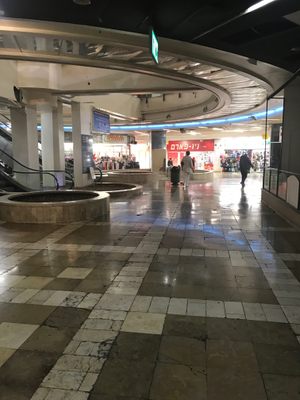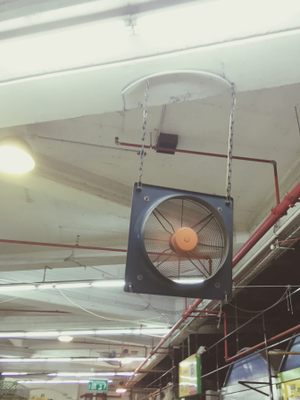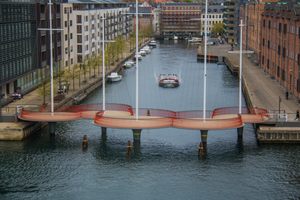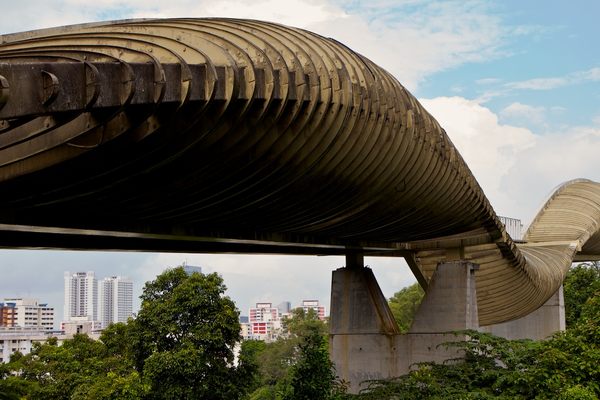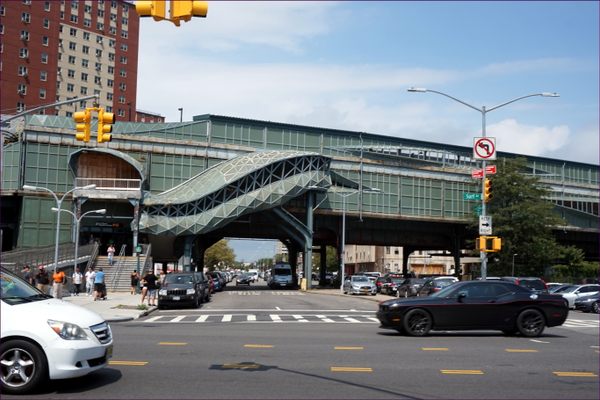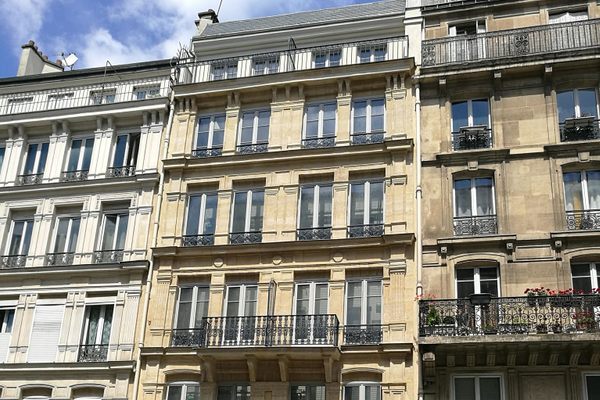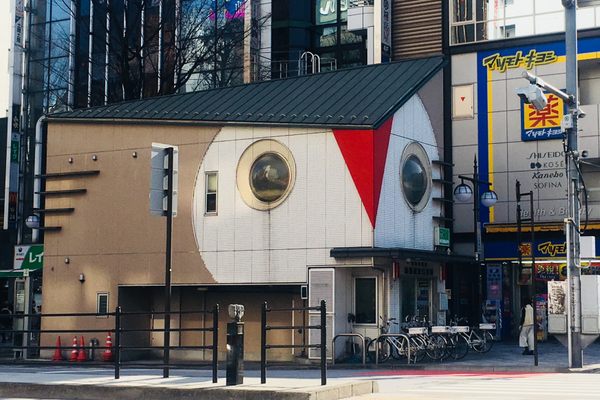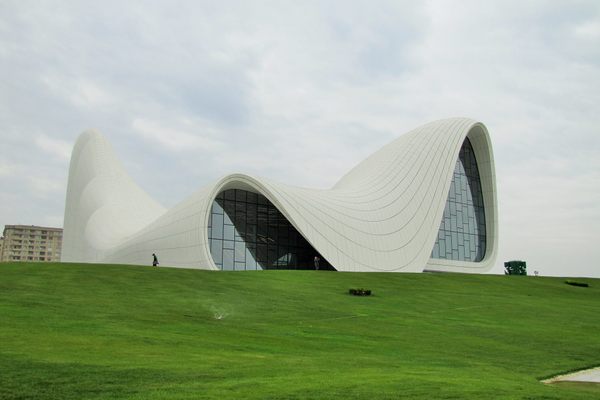About
Formerly the world's biggest bus station (and now demoted to the second largest), this monstrous, partly abandoned labyrinth of a building looks like it was designed by MC Escher. In reality, it's just the victim of some very unfortunate design and construction processes.
The station, which is notoriously confusing and easy to get lost in, has both quaint, modern parts as well as abandoned, derelict areas. One of its unused tunnels now houses an urban bat colony, which is supervised by Israel's Nature and Gardens department.
During its original conception in the 1960s, the station was supposed to have two floors: one for commerce and one for public transit gates, offering an alternative to Tel Aviv's former Central Bus Station. A conflict between the two leading bus companies at the time caused the addition of another floor to the plan so there would be one level for each company.
Construction on the impressively sized building was halted in the 1970s as funding for the project ran out, leaving a massive skeleton of a building taking up a giant part of the neighborhood. New investors were brought in, but to fund the rest of the construction, more retail space had to be added to the floor plan, which was already getting a bit complicated. This process repeated itself several times, with more retail space being tacked onto the existing building each time more funding was required to continue the building's construction. The station finally opened to the public in 1993 with six floors, over 1,000 shops, and even a movie theater.
The discovery of high pollution levels on the lower floors led to the construction of a seventh floor on top of the existing building. The new addition blocked off the flow of natural light to the bottom floors and caused a decrease in pedestrian traffic to those areas. Businesses failed and many stores were abandoned. The domino effect cascaded throughout the building. Today, most of the building stands empty, with the majority of stores operating on the passageways between the entrances and transit gates.
However, the building is an amazing sight for urban explorers. On certain days of the year, there are organized tours of it that include some of its abandoned, typically closed areas such as the cinema and old, disused platforms.
Some of the things still functioning in the building include a Yiddish museum, art studios, cheap clothing stores, and a synagogue.
Related Tags
Know Before You Go
Be advised, the neighborhood this building is in is a notoriously unpleasant one, and generally referred to as one of Tel Aviv's less pleasant neighborhoods. Most people commute through it fine on a regular basis but it's still recommended you stay safe while traveling there. However, since it is a giant bus station, getting there, or getting anywhere from there, is pretty easy, as most bus lines pass through it and the train station is not far from it.
Community Contributors
Added By
Published
August 25, 2017





















